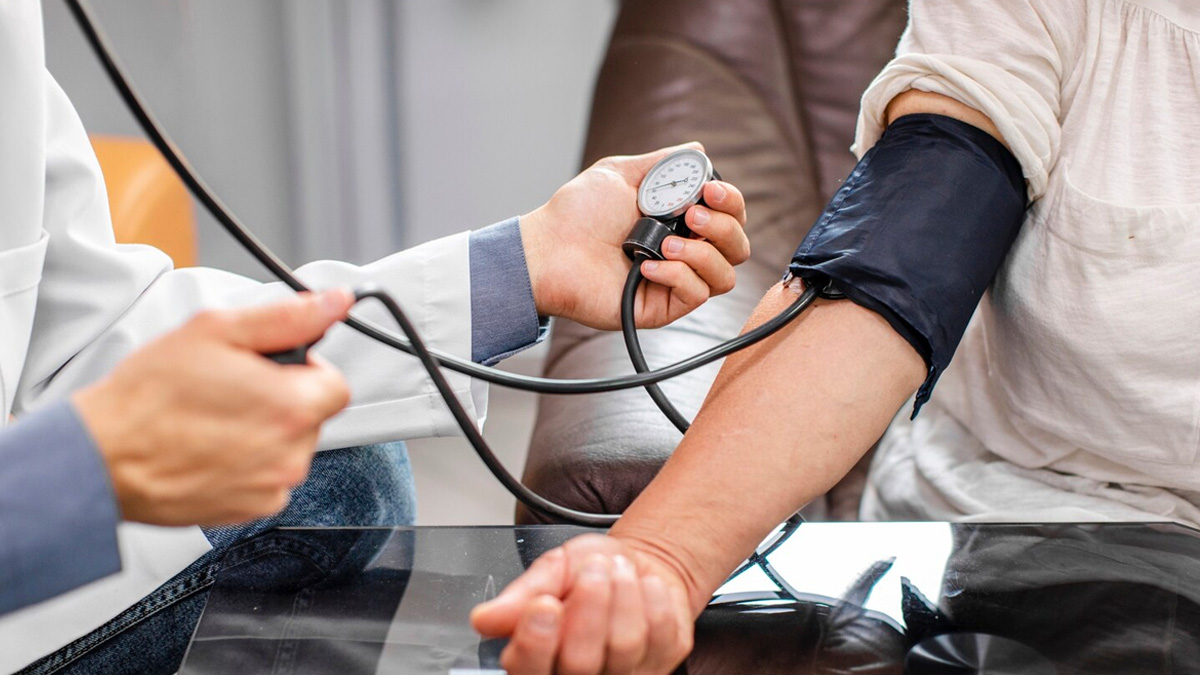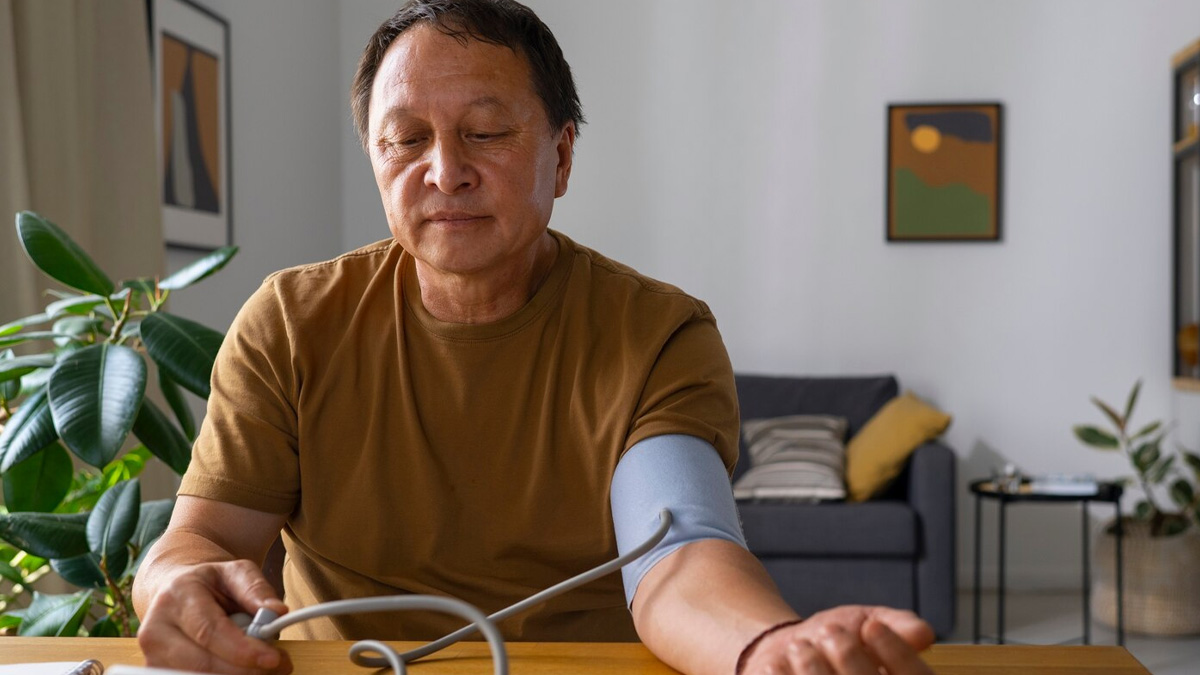
Anyone can develop high blood pressure, but the real problem begins when it becomes uncontrolled, increasing the risk of serious conditions like heart attack and stroke. High blood pressure, or hypertension, occurs when the pressure in the arteries, the vessels carrying blood from your heart, consistently remains too high, which can damage your heart, brain, kidneys, and eyes. It is often caused by unhealthy lifestyle choices like poor diet, lack of exercise, and high stress, along with other factors such as age, genetics, certain medical conditions, and some medications.
Table of Content:-
However, one of the greatest concerns when it comes to high blood pressure is its silent and asymptomatic nature. This means it does not show any signs or symptoms, especially in the early stages. Therefore, the OnlyMyHealth team spoke to Dr Pawan Poddar, Director of Cath Lab and Senior Consultant Interventional Cardiologist, Yashoda Hospitals, Hyderabad, to understand the subtle ways the body signals high blood pressure and what can be done to manage the condition.
Also Read: Heart Health: How To Bring Down Alarmingly High Blood Pressure Levels
High Blood Pressure: A Silent Disease

Being a 'silent' disease, hypertension often remains undetected and is left untreated, which slowly damages the blood vessels of the brain, heart, and kidneys. "This may increase the risk of having a heart attack, stroke, brain aneurysm, heart failure, kidney failure, or clogged arteries creating blockages in the legs, and dementia," explains Dr Poddar.
He further adds that many people can live with hypertension for years and are unaware of their condition until they receive a diagnosis.
According to the World Health Organization (WHO), an estimated 128 crore adults aged 30–79 years worldwide have hypertension. Of these, an estimated 46% are unaware that they have the condition. What's worse is that less than half of the adults with hypertension are diagnosed and treated.
Subtle Signs Of High Blood Pressure

Uncontrolled blood pressure can sometimes show subtle yet serious warning signs. These include:
- Chest pain
- Severe headaches
- Blurred vision
- Shortness of breath
- Confusion
- Nausea
With readings above 180/120 mmHg, it could signal a hypertensive crisis, warns Dr Poddar. “This condition requires immediate medical attention, as it can lead to stroke, heart attack, loss of consciousness, or other life-threatening complications.”
Also Read: Should Hypertensive Patients Take Hot Baths? Doctor Answers
Who Is At Risk Of Undiagnosed Hypertension?

Because hypertension can be silent and asymptomatic, it is crucial to assess your risk factors and to understand whether or not you could be at risk of developing the condition. According to Dr Poddar, those at higher risk include:
- People with poor diets high in salt and unhealthy fats
- People who lead a sedentary lifestyle
- People who are obese
- People who indulge in tobacco or alcohol use
- People exposed to air pollution
- People with non-modifiable risks like family history, age above 65, diabetes or kidney disease
Lifestyle Changes To Manage Blood Pressure Levels
“High blood pressure can silently harm your heart, brain, and kidneys if left unchecked,” Dr Poddar reiterated.
- Simple lifestyle changes help prevent this damage, such as:
- Limit salt and processed foods.
- Maintain a healthy weight.
- Exercise at least 30 minutes daily.
- Do even moderate physical activities like walking or cycling.
Conclusion
High blood pressure is a silent disease that can slowly damage the blood vessels of the brain, heart, and kidneys, increasing the risk of various illnesses. However, recognising the subtle signs can help you detect it early and seek necessary treatments. Additionally, lifestyle changes can help minimise the risk of developing high blood pressure. If you think you or someone you know has or is at risk of developing high blood pressure, then consulting a doctor is the best way to approach it.
Also watch this video
How we keep this article up to date:
We work with experts and keep a close eye on the latest in health and wellness. Whenever there is a new research or helpful information, we update our articles with accurate and useful advice.
Current Version